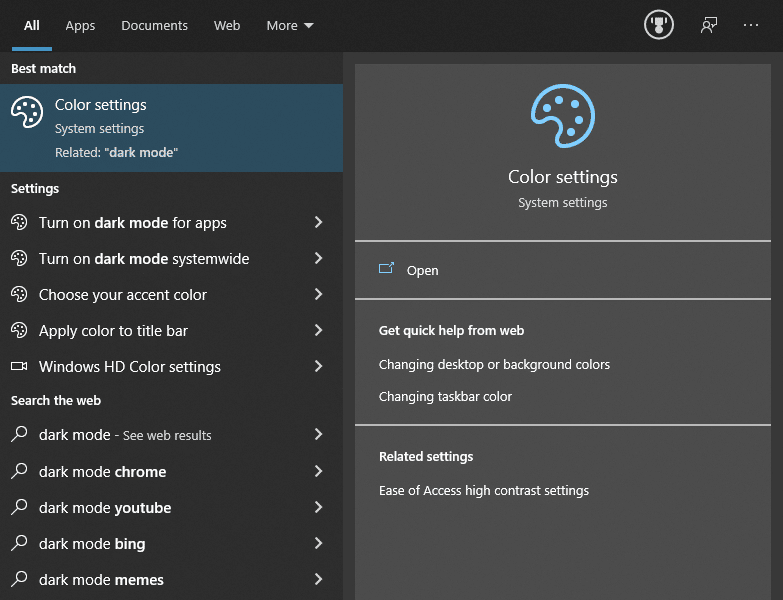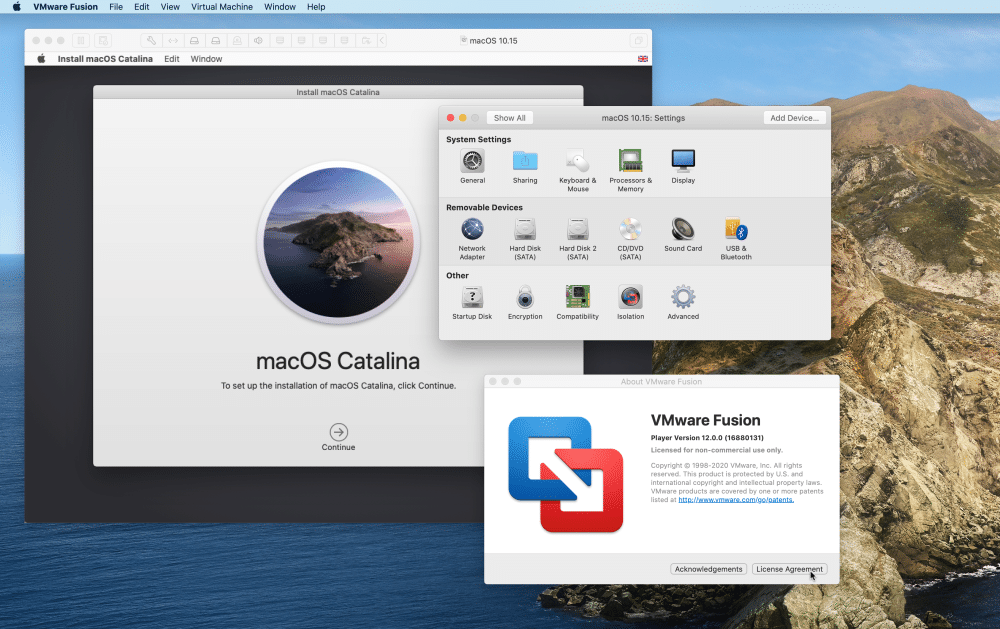
Tesla won the self-driving car war, it just isn't telling us
There was a time when I could figure something out, just plain figure it out of raw data, then blurt my conclusions out to the world through this rag just to see what would happen. And what would inevitably happen was a thousand experts would pipe up just to tell me to pipe down, saying that I was too frigging stupid to read, much less write. Except occasionally I got it right (pure luck) so, damn it, they had to keep reading my work. Well I’m back to try again and here it comes: When the history of autonomous cars is written, the winner will be Tesla. Heck, I think it’s already won.
Autonomous cars are like the graphical user interface, object-oriented programming, the Internet, or yet another K-pop boy band: you can know in advance they are coming and will define the future, you just can’t be quite certain when they will arrive or exactly what they will look like. We all now know there will come a time when most cars will be electric and they will be able to drive themselves. The only question is when will this finally happen?

GNOME gets new versioning scheme, and Linux users are going to be confused
The GNOME 3 desktop environment was officially released in 2011, and in 2020 we are still on version 3.x. Yeah, despite many massive changes over the last (almost) decade, we have been stuck with point releases for GNOME 3. For instance, just yesterday, GNOME 3.38 was released. Historically, the stable releases all ended in even numbers, with pre-release versions ending odd. For fans of the DE, such as yours truly, we have simply learned to live with this odd versioning scheme.
Well, folks, with the next version of GNOME, the developers have finally decided to move on from version 3.x. You are probably thinking the new version will be 4.0, but you'd be very wrong. Actually, following GNOME 3.38 will be GNOME 40. Wait, what? Yes, the developers are actually moving from 3.x to 40.x! They are even ditching the even/odd aspect, as the next major stable version to come after 40 will be 41. Minor stable updates will be given incremental point designations (.1, .2, .3, etc.). During development, there will just be alpha, beta, and release candidates -- nice and simple. Understandably, this is going to be confusing for some Linux users that are used to the old versioning scheme.

Cloudflare and the Internet Archive are working together to help make the web more reliable
Cloudflare’s Always Online service caches a static version of any sites that use it. Should a site’s server get taken offline for any reason, such as a DDoS attack, visitors will still be able to view a recent version of it.
Today Cloudflare announces it is joining forces with the Internet Archive’s Wayback Machine to make the web more reliable.

Some of what you believe about technology is probably wrong
Although you may be old enough to have ceased believing in Santa Claus and the Easter Bunny (if you're not we advise you to stop reading now), there are likely to be some things you think you know about about technology that are equally mythical.
According to a survey of 1,000 Americans from HighSpeedInternet.com 86 percent believe that 5G is going to completely replace 4G. In fact it's not, just as 4G hasn't replaced 3G, so you won't have to rush out to get a new phone as 5G comes in.

ADATA unveils XPG GAMMIX S50 Lite PCIe Gen4x4 M.2 2280 gaming SSD
All solid state drives are fast -- when compared to mechanical hard drives. With that said, not all SSDs are created equally. SATA based SSDs are the slowest amongst them, with PCIe-based drives being the fastest. Of course, there are different generations of PCIe that have gotten continually faster. Currently, consumers have access to some computers and motherboards with PCIe Gen 4.0.
For those of you with PCIe Gen 4.0 systems, there is a new solid state drive from ADATA that you should definitely check out. Called "GAMMIX S50 Lite," the PCIe Gen4 M.2 2280 SSD is being offered under the company's gamer/enthusiast "XPG" brand.

Cybercriminals seek to capitalize on COVID-19
Starting in March and continuing through most of the spring, there has been a significant increase in malicious emails utilizing various COVID-19 issues as a lure to manipulate users into exposing themselves to various email attacks and scams.
The latest Attack Landscape report from F-Secure shows COVID-related emails range from attempting to trick users into ordering face masks from phony websites to infecting themselves with malware by opening malicious attachments.

Sony beats Microsoft yet again -- PlayStation 5 is priced $100 less than Xbox Series X!
Sony won the current generation of console wars, with PlayStation 4 far outselling Microsoft's Xbox One. And now, for the upcoming generation of gaming consoles, it looks like Sony will beat Microsoft once again -- in pricing at least. You see, today, we learned the PlayStation 5 starting price is $399 -- a shocking $100 less than Xbox Series X, which is $499. This is very significant, as parents doing Christmas shopping will be intrigued by the huge $100 savings.
True, Microsoft will also be selling a neutered console called Xbox Series S for $299, but that game system has lower specifications -- it cannot even do 4K gaming! By comparison, the $399 and $499 PlayStation 5 consoles are almost identical, with the only difference being the pricier model has a 4K Blu-ray disc drive. Both versions of Sony's console can handle 4K gaming. Clearly, Sony's approach will be much preferable to consumers.

GNOME 3.38 'Orbis' is here -- the best Linux desktop environment gets better
One of the best things about Linux-based desktop operating systems is having access to many wonderful desktop environments. While there are many great user interfaces available, only one can be the best. For many years now, GNOME has been the greatest DE, and that is still true today. What makes it so wonderful? Well, GNOME 3.x is ideal for productivity, allowing the user to focus on the task at hand. Not to mention, it is beautiful and simple -- it provides a no-nonsense computing experience. There's a reason both Ubuntu and Fedora use GNOME as their default environment.
Today, the best Linux desktop environment gets even better. You see, GNOME 3.38 "Orbis" is finally here, and it is chock-full of improvements. For instance, the default web browser, called "Web," now has improved privacy settings, including cross-site tracking. There is also a new app called "Tour" which introduces the user to GNOME features after installation. Retro gamers will be thrilled to learn that Nintendo 64 support has been added to the "Games" app. Orbis also provides support for varying refresh rates when using multiple monitors. Best of all, the developers have killed the "Frequent" and "All apps" views, replacing it with a single customizable grid with the ability to drag to reorder the icons.

Oculus Quest 2 delivers the next generation of all-in-one VR
If you’ve wanted to embrace VR but have yet to be convinced by the headsets on offer -- or just as importantly the price of the headsets on offer -- then the Facebook-owned Oculus hopes you’ll give its next generation Oculus Quest a look. And you really should.
There’s a lot to like about the new Oculus Quest 2, which takes what was good about the original and improves on it significantly, while giving it a much more affordable starting price -- just $299. That’s $100 cheaper than its predecessor.

Microsoft releases Windows 10 Build 20215 with dark theme search results
It’s that time of the week again when Microsoft rolls out a new Windows 10 build to Insiders on the Dev Channel.
Build 20215 introduces dark theme search results for insiders who have the system theme set to dark.

New tool helps protect enterprises from insider threats
With workforces more dispersed and reliant on collaboration technologies, the risk of sensitive business information falling into the wrong hands is increased.
Code42 is launching a new SaaS tool called Incydr, aimed at guarding intellectual property, source code and trade secrets, built to mitigate exposure from data exfiltration and to directly address the gaps in traditional security solutions for insider threats.

Ransomware operators work together to maximize effectiveness of attacks
The numerous challenges of 2020 have proved to be fertile ground for ransomware attacks, with the number up by nine percent compared to the first quarter and by 59 percent compared to the second quarter of 2019.
The latest Threatscape report from Positive Technologies shows that 16 percent of phishing attacks took advantage of COVID-19 concerns, and there is also evidence that ransomware operators have started cooperating with each other.

VMware launches VM Fusion Player 12 for Mac; VM Workstation 16 also updated
VMware has released major updates to its virtualization software products in the form of VM Workstation 16.0 for Windows and Linux, plus VM Fusion Player 12.0 for Mac.
Mac users gain a free 'player' version of VMware Fusion for personal use, while both products gain support for Kubernetes clusters, allowing users to run multiple app containers at once in specialized 'nodes'. Support for Windows DirectX 11 apps and games has also been added to virtual machines.

How COVID-19 could be the trigger for lasting innovation [Q&A]
For many enterprise organizations the COVID-19 pandemic is a crisis to be managed. But could it actually be a catalyst to deliver a lasting legacy of technical innovation?
James Harvey, EMEA CTO at Cisco AppDynamics thinks it can be. We spoke to him to find out more.

Apple updates iPad and iPad Air
The Apple iPad has now been a part of our lives for 10 years -- can you believe it? The revolutionary tablet changed the world, making it much easier to surf the web and consume media from the comfort of your couch or bed -- you no longer had to boot up your PC for everything. Over time, the iPad became an excellent work machine too, thanks to accessories like keyboard cases and the excellent Apple Pencil. In 2020, the iPad can truly replace a laptop -- for some consumers at least.
Earlier today, Apple announced updates to its two non-Pro tablets -- the iPad and iPad Air. While the 10.2-inch 8th generation standard iPad only gets incremental spec bumps, the 4th gen Air gets an all-new design with a bigger screen.


